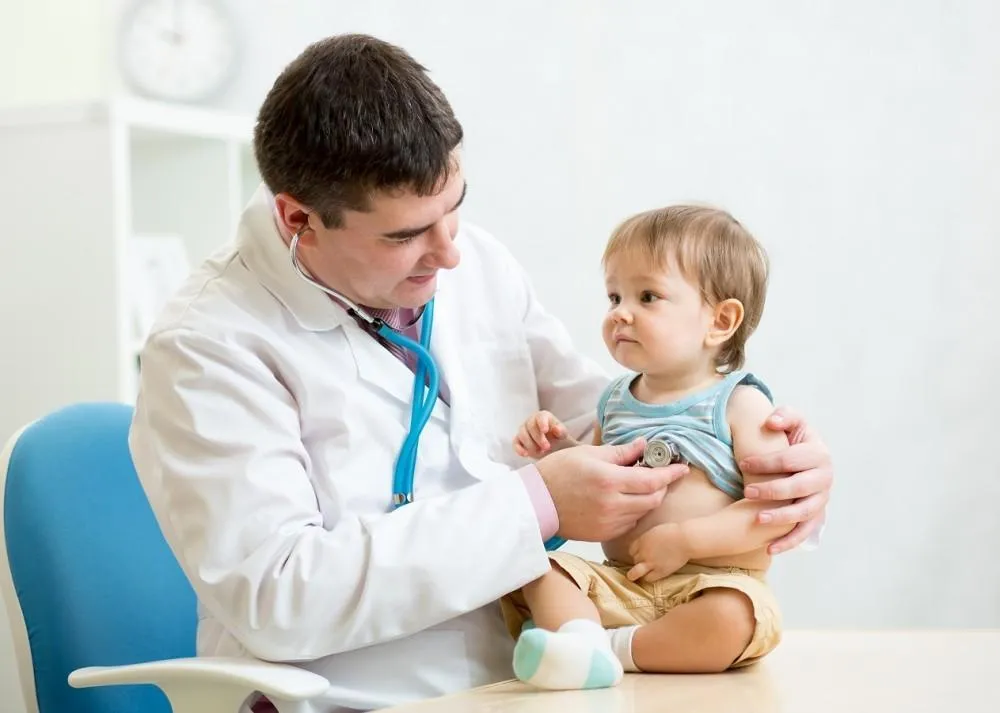
Medical Care for Babies: A Comprehensive Guide
Introduction
The arrival of a newborn baby is a momentous occasion, filled with joy and anticipation. However, it also brings with it a new set of responsibilities, including ensuring the baby’s health and well-being. Medical care plays a crucial role in safeguarding the health of babies, providing them with the necessary support and interventions to thrive. This article aims to provide a comprehensive guide to medical care for babies, covering essential aspects from prenatal care to childhood vaccinations.
Prenatal Care
Prenatal care is the medical care provided to pregnant women and their unborn babies. It begins as early as possible during pregnancy and continues throughout the gestation period. The primary goal of prenatal care is to monitor the health of both the mother and the baby, identify and manage any potential risks, and prepare for a safe delivery.
Regular prenatal checkups typically include:
- Physical exams to assess the mother’s overall health and the baby’s growth and development
- Blood tests to screen for genetic disorders and infections
- Ultrasound examinations to monitor the baby’s position, growth, and well-being
- Discussions about nutrition, lifestyle choices, and any medications or supplements being taken
- Education and counseling on pregnancy, labor, and delivery
Postnatal Care
Postnatal care refers to the medical care provided to mothers and babies after delivery. It begins immediately after birth and continues for several weeks or months. The focus of postnatal care is to ensure the well-being of both the mother and the baby, monitor their recovery from childbirth, and provide support and guidance during the transition to parenthood.
Postnatal care typically includes:
- Physical exams for both the mother and the baby to assess their health and recovery
- Breastfeeding support and counseling
- Monitoring of the baby’s weight, growth, and development
- Education and counseling on newborn care, feeding, and sleep patterns
- Screening for any potential health issues or developmental concerns
Well-Child Checkups
Well-child checkups are regular medical examinations performed on babies and children to assess their overall health and development. These checkups are typically scheduled at specific intervals throughout the first year of life and continue at regular intervals thereafter.
Well-child checkups typically include:
- Physical exams to assess the child’s growth, development, and overall health
- Immunizations to protect the child from vaccine-preventable diseases
- Screening for any potential health issues or developmental concerns
- Discussions about nutrition, feeding, sleep patterns, and any other relevant topics
- Education and counseling on child development, parenting, and safety
Immunizations
Immunizations, also known as vaccinations, are a vital part of medical care for babies. They protect children from serious and potentially life-threatening diseases by stimulating their immune systems to produce antibodies against specific pathogens.
The recommended immunization schedule for babies includes vaccinations against diseases such as:
- Measles, mumps, and rubella (MMR)
- Diphtheria, tetanus, and pertussis (DTaP)
- Polio
- Haemophilus influenzae type b (Hib)
- Hepatitis B
- Rotavirus
- Pneumococcal conjugate vaccine (PCV13)
Common Health Issues in Babies
Babies are susceptible to a range of common health issues, including:
- Jaundice: A yellowing of the skin and whites of the eyes caused by a buildup of bilirubin, a substance produced by the breakdown of red blood cells
- Colic: A condition characterized by excessive crying and fussiness in babies, often due to gas or digestive discomfort
- Diaper rash: A skin irritation caused by prolonged contact with wet or dirty diapers
- Thrush: A yeast infection that can affect the mouth and throat, causing white or yellow patches on the tongue and gums
- Respiratory infections: Colds, coughs, and other respiratory infections are common in babies due to their immature immune systems
When to Seek Medical Attention
It is important to seek medical attention promptly if your baby exhibits any of the following symptoms:
- Fever
- Persistent crying or fussiness
- Difficulty breathing
- Vomiting or diarrhea
- Rash or skin irritation
- Changes in feeding or sleeping patterns
- Lethargy or decreased activity
Conclusion
Medical care is essential for ensuring the health and well-being of babies. From prenatal care to childhood vaccinations, regular medical checkups and interventions play a crucial role in preventing and managing health issues, promoting optimal growth and development, and providing support and guidance to parents. By following recommended medical guidelines and seeking prompt medical attention when necessary, parents can help their babies thrive and reach their full potential.
